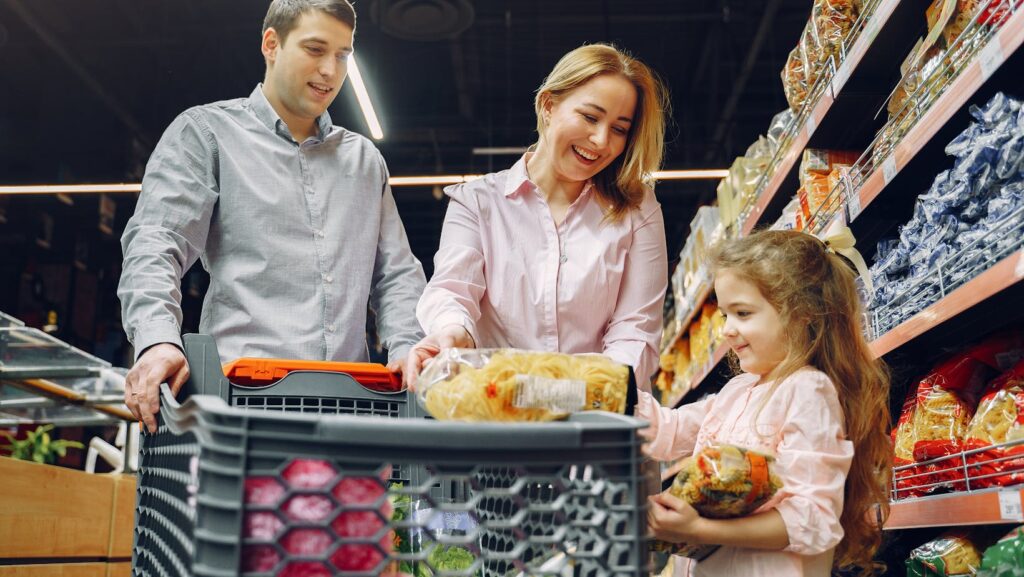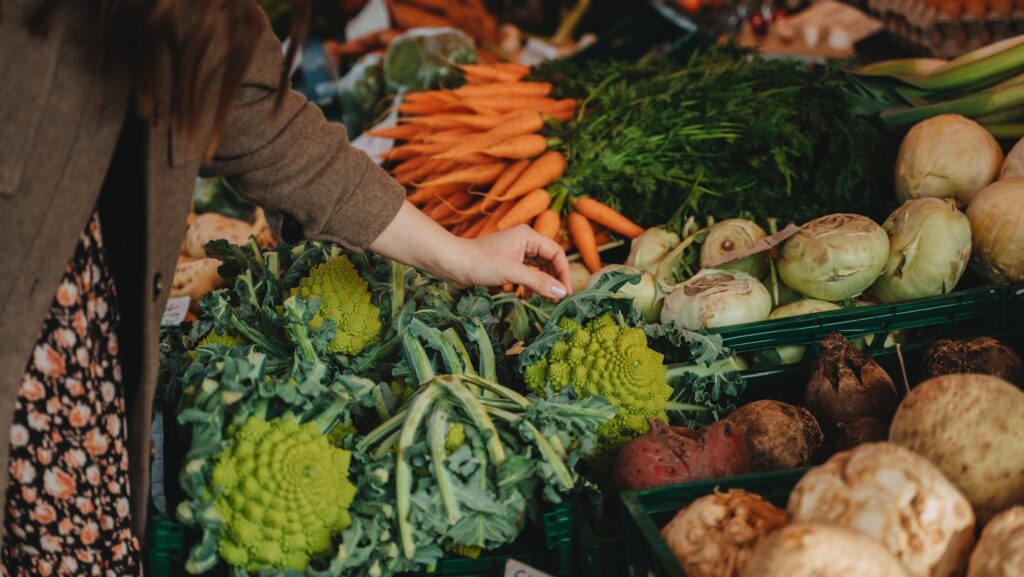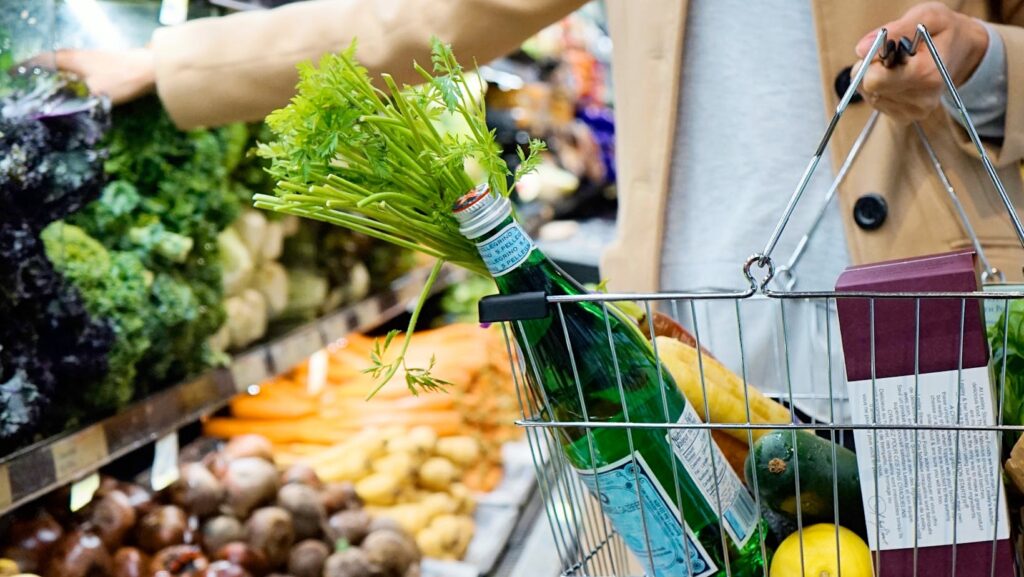The food and beverage industry never stands still. New trends emerge, old ones fade, and businesses must adapt or be left behind. In this ever-evolving landscape, it’s crucial to stay informed about the latest developments shaping the industry.
From the rise of plant-based diets to the growing demand for sustainable practices, the industry is constantly being reshaped by consumer preferences and technological advancements. This article will delve into these trends, offering insights into what’s driving the changes and how they’re impacting businesses in the sector.

Food And Beverage Industry Trends
The food and beverage industry’s landscape continually evolves, transforming in response to numerous influences. Among these are shifting consumer preferences and burgeoning technology. This section will delve into two of these groundbreaking trends: plant-based products and sustainability initiatives.
Plant-Based Products
An accelerating shift in consumer diets towards plant-based alternatives represents one key trend in today’s food and beverage industry. Plant-based diets have grown beyond the vegetarian or vegan communities and gained widespread acceptance among mainstream consumers. Escalating concerns about health and wellness, animal rights, and environmental sustainability are driving this shift. Many businesses are investing heavily in this area, releasing innovative products like meatless burgers or dairy-free products. For instance, Beyond Meat and Impossible Foods are pioneering this change, offering plant-based meat substitutes that mimic the taste and texture of real meat.
Sustainability Initiatives
In sync with the plant-based trend, another transformative movement in the food and beverage industry is the growing emphasis on sustainability initiatives. Consumers and companies alike now prioritize reducing the environmental impact of their choices and actions. In response, food and beverage companies are exploring creative ways to incorporate sustainability into their business models. This could be through minimizing food waste, adopting eco-friendly packaging, or sourcing locally grown ingredients. Starbucks, for example, has committed to reducing carbon, water, and waste footprint by 50% by 2030. Another example is Waitrose, a UK grocery chain, introducing reusable or home-compostable packaging solutions to replace plastic.

Technology’s Impact on Food Production and Services
Artificial intelligence, automated machinery, and innovative technologies steer the course of the food and beverage industry, rapidly transforming food production and service processes.
Automation and Robotics
Automation and robotics play pivotal roles in the industry, revolutionizing traditional methods with accuracy, rapidity, and constancy. From autonomous machines performing repetitive tasks like sorting and packing, to intelligent robots integrating sensory technology to ensure product quality, the capabilities seem endless.
For instance, Soft Robotics, a Boston-based tech firm, offers adaptive gripper solutions in food production. These devices handle delicate items like fruits and bakery products, detecting and adapting to their shape and softness, proving them indispensable in ensuring product consistency and reducing waste.
Artificial Intelligence in Supply Chain Management
The deployment of artificial intelligence (AI) remodels supply chain management in the food and beverage sector, making it more efficient and transparent. AI-powered systems enrich the demand forecasting process, deducing patterns from vast datasets, assisting businesses in making informed production and distribution decisions, thereby minimizing waste.
No better example illustrates this than PepsiCo’s use of AI in managing its supply chains. The beverage giant employed AI to predict consumer purchasing behavior, enabling it to better manage its stock levels, increase sales, and ultimately save costs by reducing spoilages. The implementation of AI in supply chain management is just a representation of the broad spectrum of the transformative impacts technology harbors for the food and beverage industry.
In essence, navigating these trends effectively can secure a stronger foothold for businesses in this evolving landscape. As seen with Starbucks and Nestle, aligning with environmental compliance through sustainable practices can be a game-changer. The future of the food and beverage industry promises to be exciting and dynamic.
